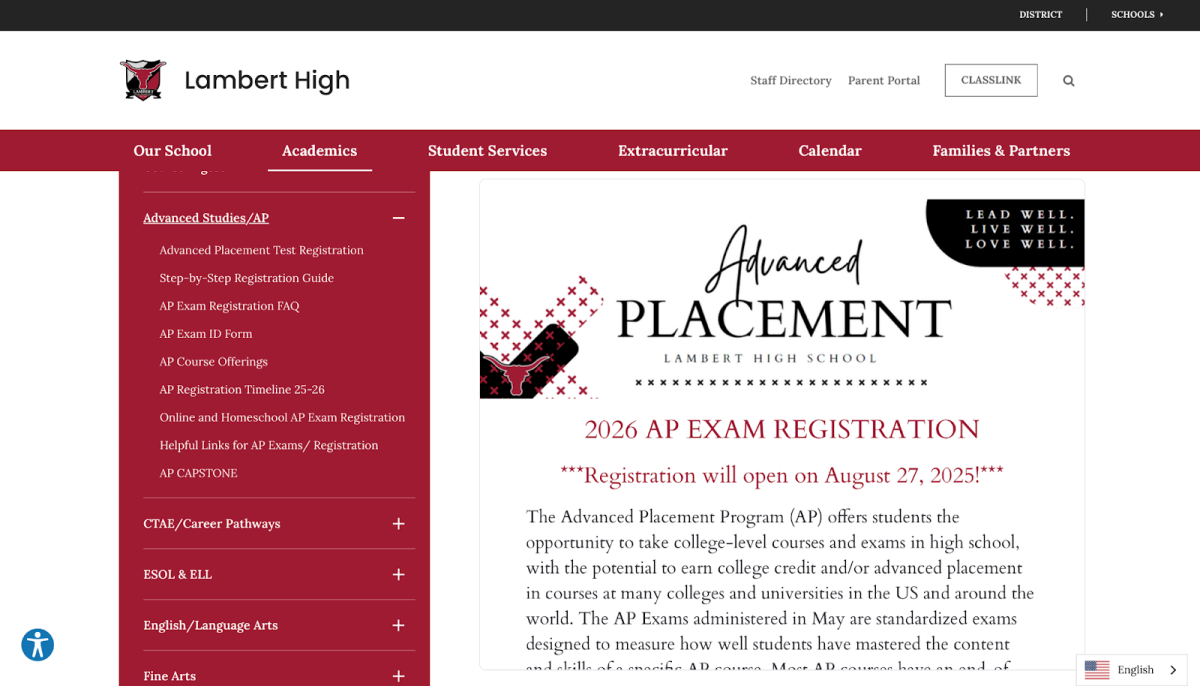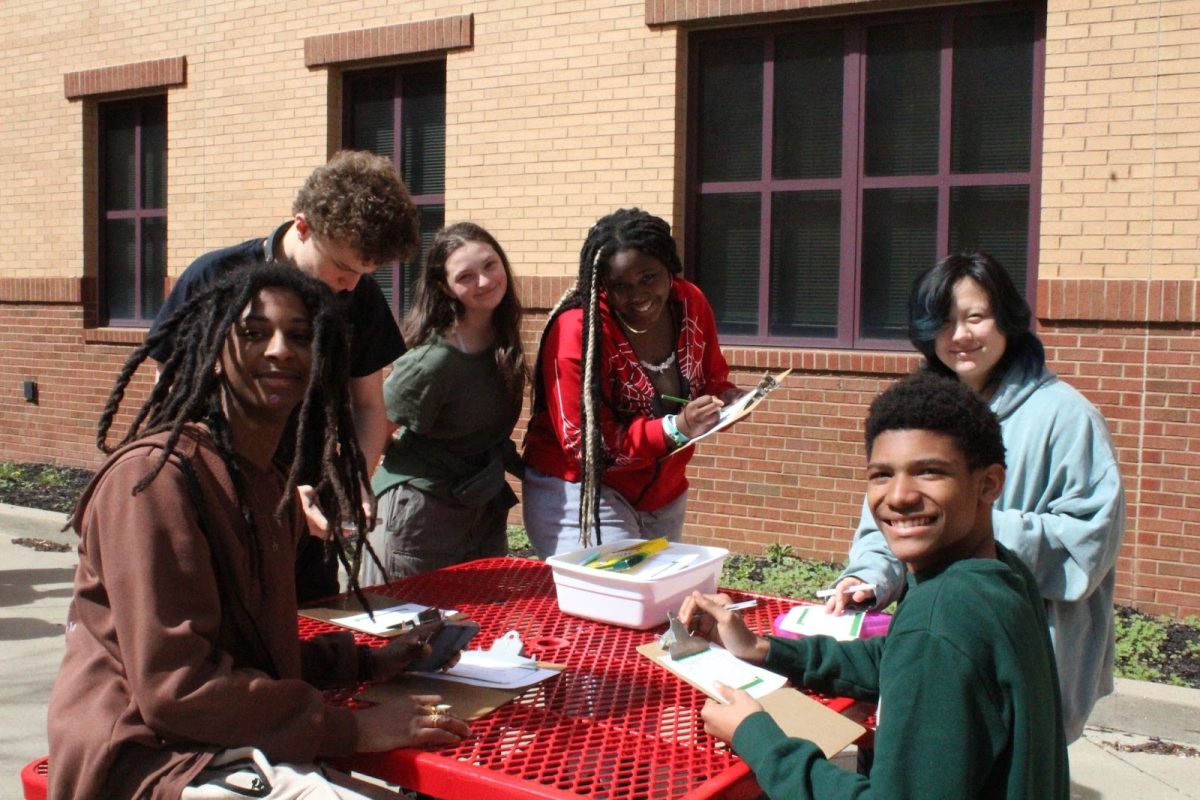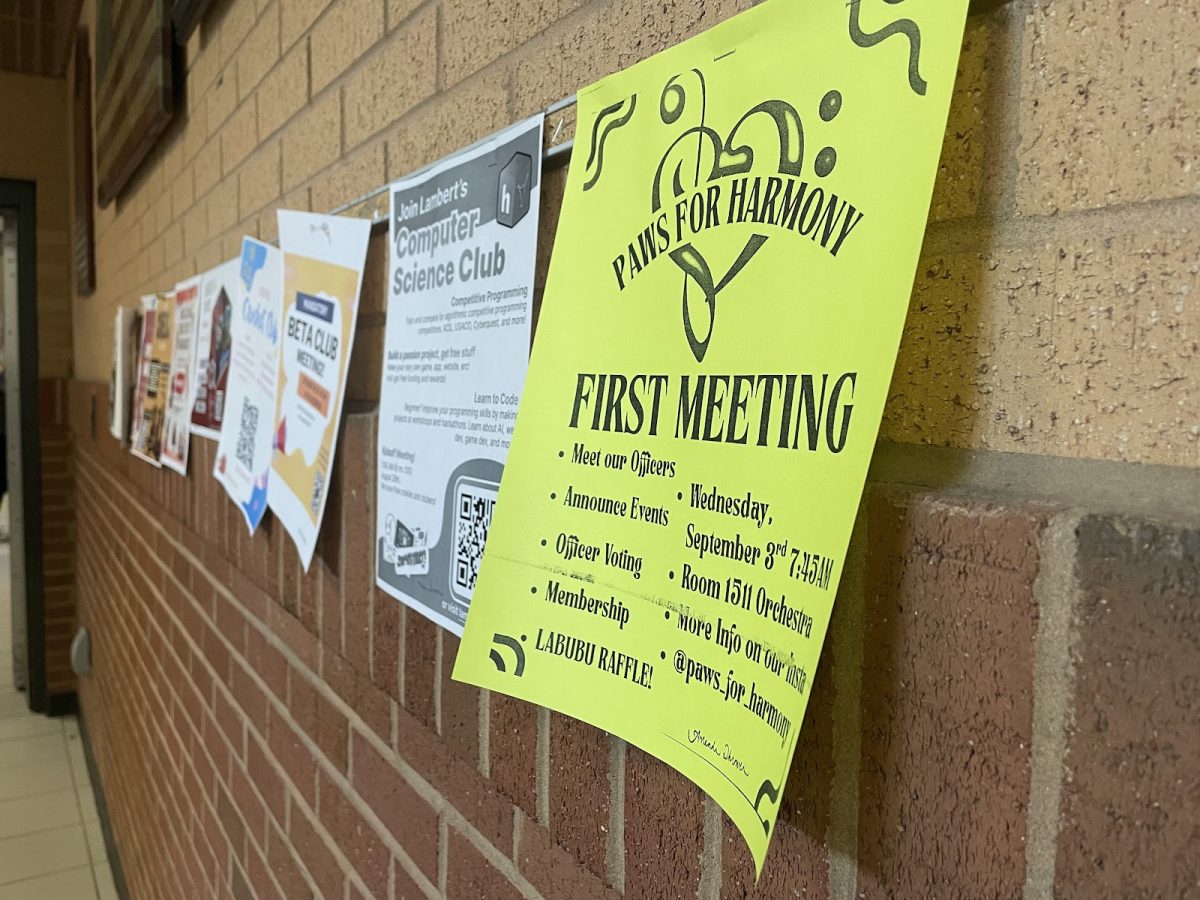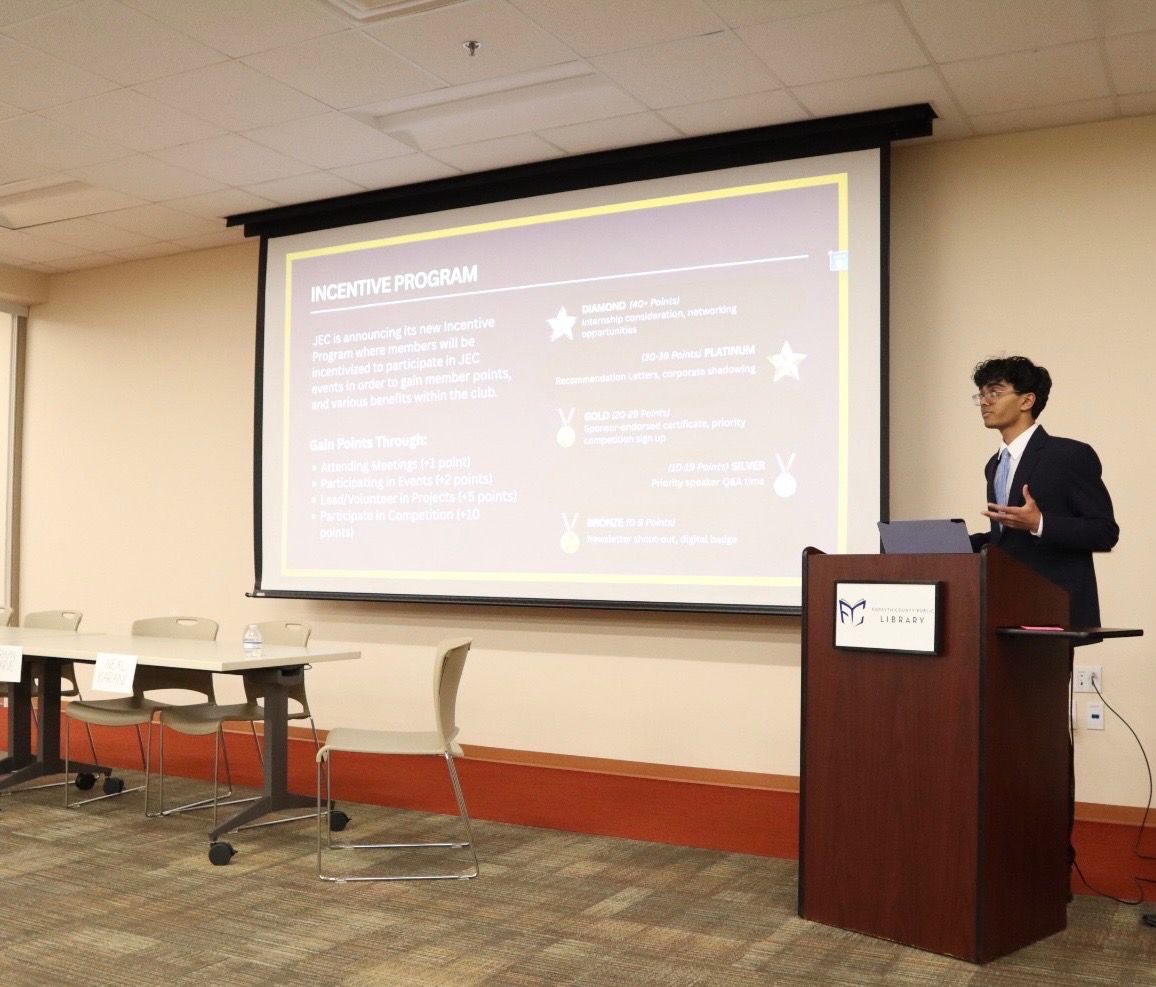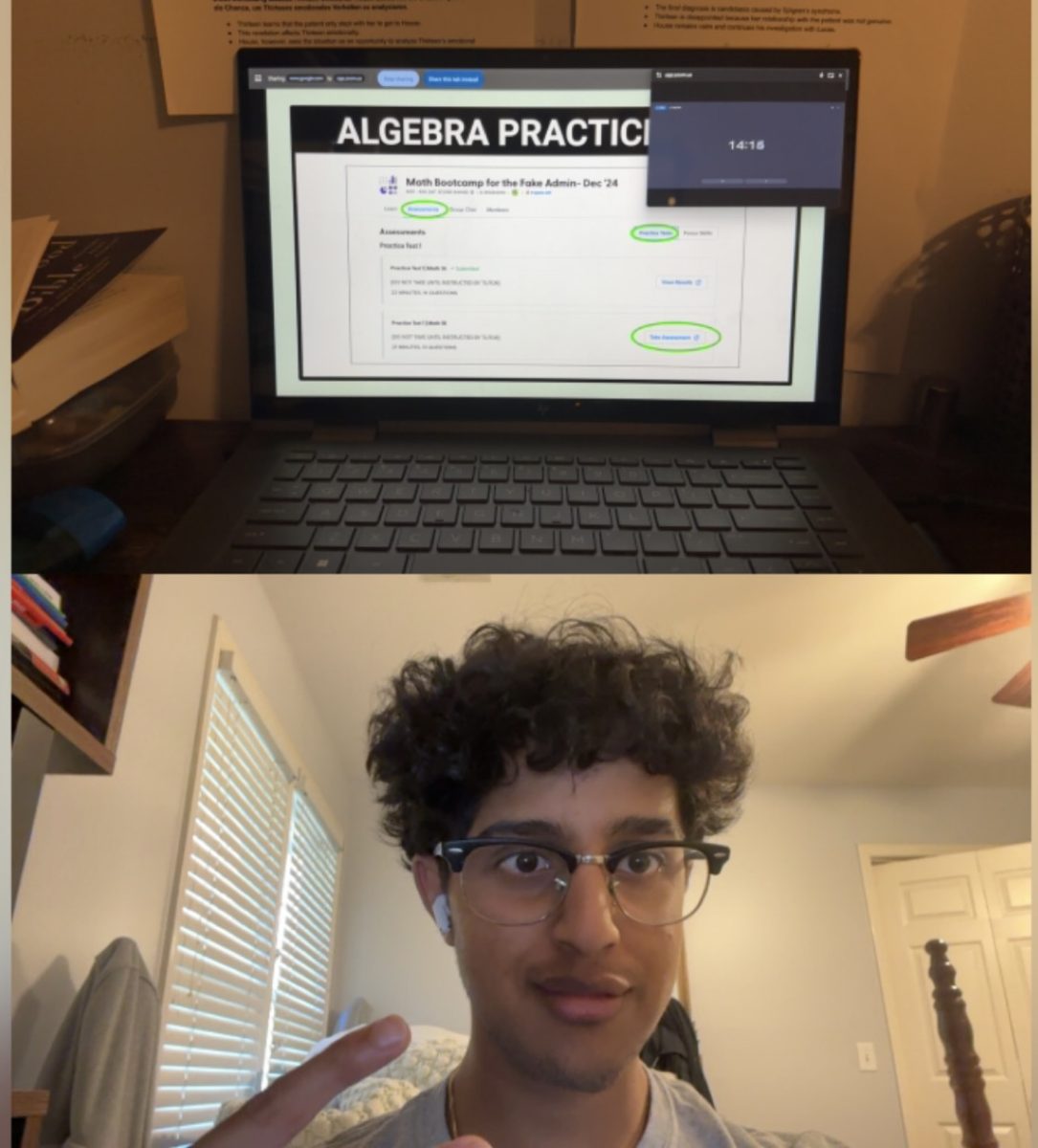
Coral reefs cover only about 0.2% of the ocean floor, yet they support more than a fourth of the ocean’s marine life. While coral reefs are amazing, they might go extinct in a couple of decades. This is a very big concern to scientists, since, according to the Coral Reef Alliance, coral reefs house more types of organisms than any other ecosystem and the opportunity to save the reefs is closing fast. Coral reefs have the largest biodiversity, so the extinction of coral could cause a huge domino effect.
“By 2060 it is stated by scientists that 90% of coral reefs will be dead,” Freshman Talia Gerstein points out. “So by that it affects the ecosystem, which affects the food chain, which affects what we put in our market, which affects the economy which affects what we do.”
Coral may be going extinct because coral and algae have a symbiotic relationship and depend on each other. The coral provide protection for the algae, while the algae provide an energy source for the coral. When temperatures rise, coral bleaching occurs, which is when zooxanthellae-a type of algae-is expelled from the coral. When this happens, coral loses its color and its main food source. One could say that the coral is hanging onto life by a thread. But, the coral is not completely dead, meaning that it can regain the algae in cooler temperatures. The reality is that the ocean is staying warmer for longer periods of time due to global warming. This is the part that is actually killing the coral. Warmer temperatures mean the ocean will become more acidic than normal. The longer coral reefs are in warmer temperatures, the more likely it is that they will die.
Over 50% of the world’s coral reefs are dead. As climate change continues to occur, more of these reefs are bound to die. The time that humans have to save the coral is shrinking and so is the coral population. Humans need to change the way they do things. But, how? Can high school students make a difference?
High school students already have the voice that they need to start. At a local level, Lambert students can raise awareness about what is going on through social media platforms. Students can promote fundraisers and support awareness campaigns. This effort can inspire others to also bring change, and that may change the course of coral reef extinction.



